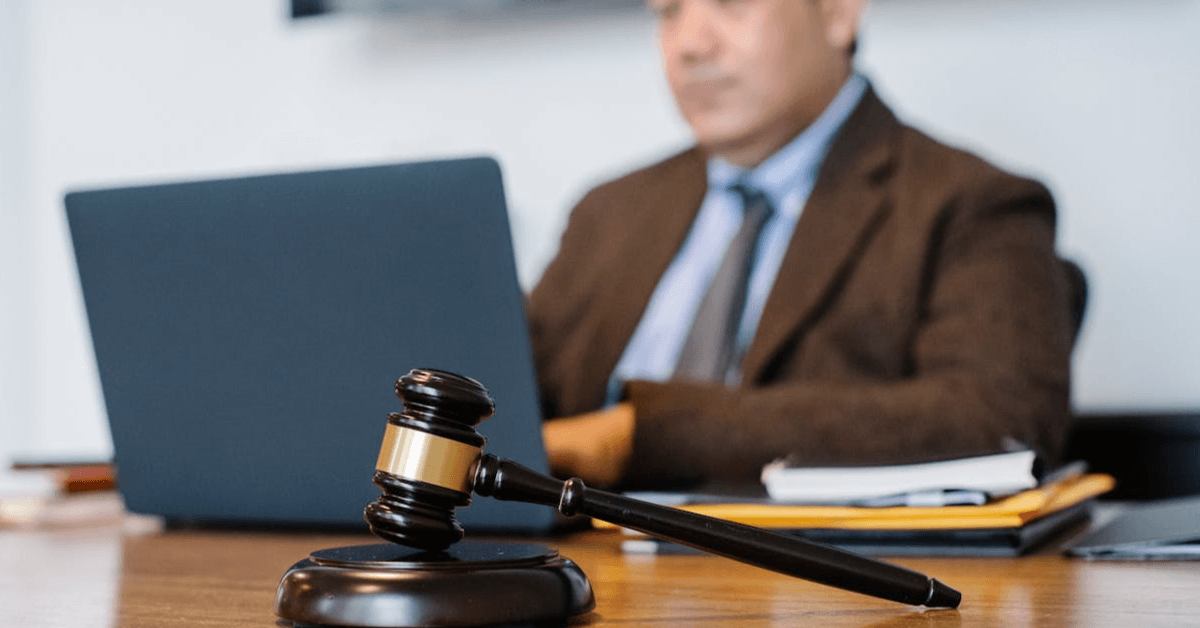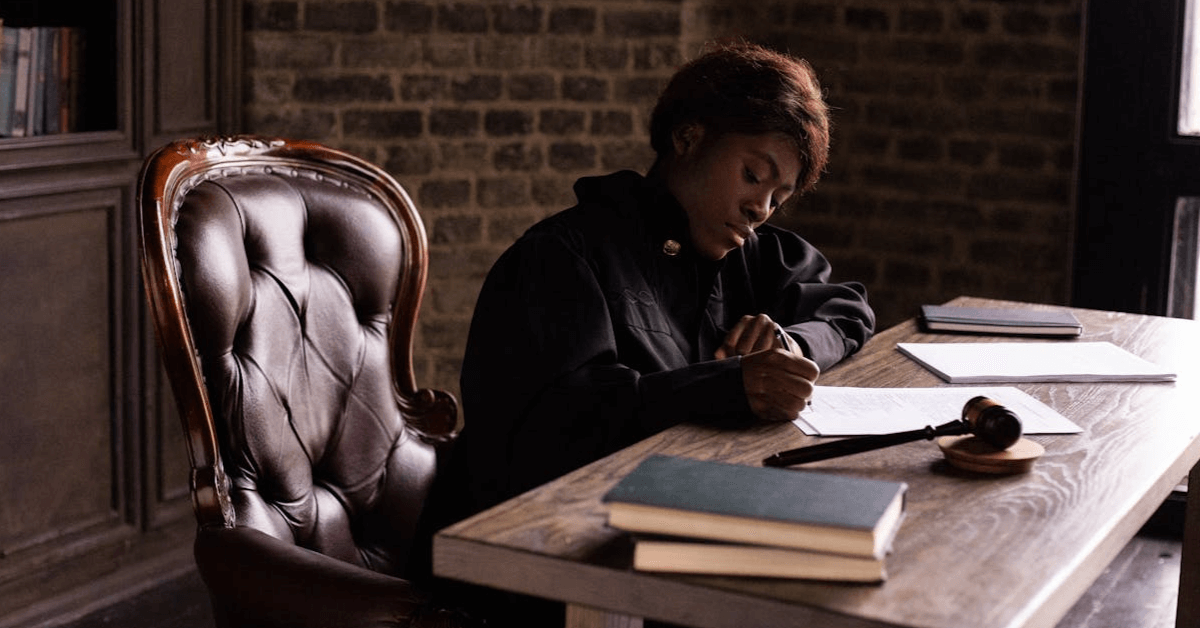How to Prove False Allegations in Family Court
Proving false allegations in family court requires a strategic approach focused on gathering evidence, maintaining accurate records, and relying on credible witnesses.
False claims can complicate family court proceedings, but individuals can demonstrate the inaccuracies with the right preparation and protect their interests.
By thoroughly documenting events, seeking reliable third-party support, and working within court protocols, it’s possible to reveal inconsistencies in the opposing party’s claims.
Understanding the Impact of False Allegations in Family Court
False allegations can significantly impact family court cases, especially when issues of child custody, visitation rights, and property division are involved. If not properly addressed, such claims can damage reputations and influence court decisions.
Recognising the potential impact of false accusations is the first step in understanding the importance of a well-planned response.
Courts aim to prioritise the best interests of any children involved and often take false allegations seriously when presented with solid evidence.
Key Takeaway: False allegations can sway family court outcomes, but a prepared and evidence-based response can mitigate the impact.
Documenting Events and Communications as Evidence
One of the most effective ways to counter false allegations is by carefully documenting interactions and relevant events.
Keeping detailed records of conversations, text messages, emails, and any other communication with the accusing party helps establish an accurate timeline and record.
This documentation can reveal contradictions in the allegations and serve as evidence to support the truth.
Organising this information clearly and concisely increases its credibility and can play a significant role in the court’s evaluation.
Key Takeaway: Consistent and detailed documentation of events provides a reliable foundation for disproving false allegations.
Gathering Third-Party Witness Statements
Third-party witnesses can be invaluable when dealing with false accusations. These individuals might include family friends, teachers, counsellors, or healthcare professionals who can provide unbiased accounts that contradict the false claims.
A third-party witness’s testimony can be powerful corroborative evidence, offering the court a neutral perspective reinforcing the truth. If applicable, expert witnesses such as psychologists or social workers can also provide insights that counter false allegations.
Key Takeaway: Third-party witnesses can add credibility to your defence by providing unbiased, corroborative testimony that supports the facts.
Using Expert Testimony to Strengthen Your Case
In cases involving complex issues—such as allegations of abuse or neglect—expert testimony can clarify misunderstandings or refute false claims.
For instance, psychologists or child development experts may offer professional insights that dispute allegations of harmful behaviour.
When presented effectively, expert opinions can be highly persuasive, helping the court make informed decisions.
Consulting with relevant experts strengthens your case and ensures the court comprehensively understands the situation.
Key Takeaway: Expert testimony provides an informed, objective viewpoint that can help refute false allegations in complex family court cases.
Presenting Character Evidence to Support Credibility
Character evidence can also help counter false allegations, especially when the allegations involve claims of conduct inconsistent with your behaviour or reputation.
Character references from friends, colleagues, or community leaders who know you well can attest to your integrity, parenting style, or responsible behaviour.
While character evidence alone may not disprove allegations, it contributes to a broader picture of your reliability and personal history, which may contradict the accusations.
Key Takeaway: Character evidence can provide context to the court, reinforcing your credibility and countering claims that contradict your reputation.
Avoiding Emotional Reactions in Court
Handling false allegations in family court can be emotionally taxing, but maintaining composure is important.
Emotional outbursts can undermine your credibility and may give the impression of instability.
Keeping calm, collected, and focused on presenting factual evidence allows the court to assess your case objectively. Legal professionals can guide you in navigating this process and advise you on the best communication methods.
Key Takeaway: Staying composed and professional in court strengthens your credibility and allows the court to focus on the facts.
Working with a Legal Professional to Build Your Case
A family lawyer can provide strategic guidance in responding to false allegations.
They understand the legal standards for evidence and can help compile relevant documentation, organise witness statements, and present expert testimony effectively.
Legal representation ensures that all court procedures are followed correctly, reducing the chance of procedural errors that could weaken your case.
Key Takeaway: Collaborating with a legal professional helps ensure that your response to false allegations is well-structured, organised, and presented according to court standards.
Director of Melbourne Family Lawyers, Hayder manages the practice and oversees the running of all of the files in the practice. Hayder has an astute eye for case strategy and running particularly complex matters in the family law system.





